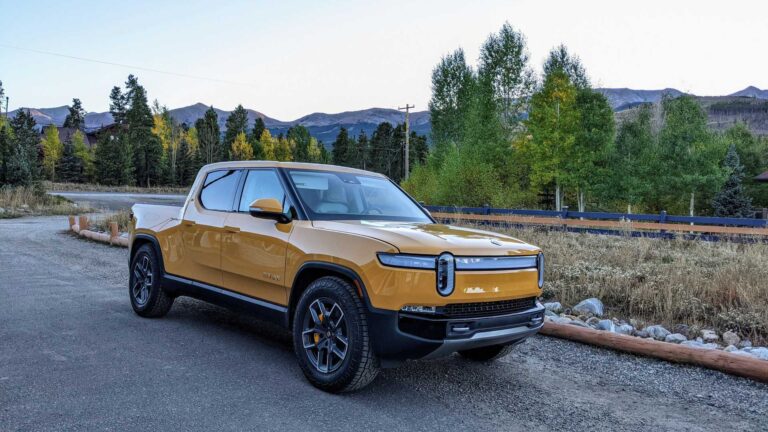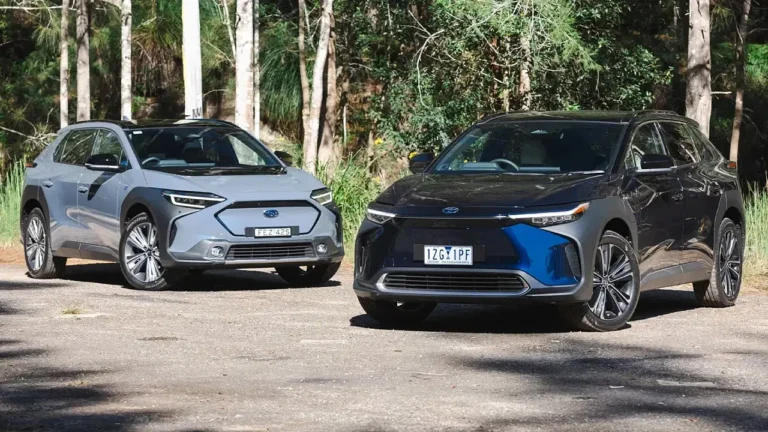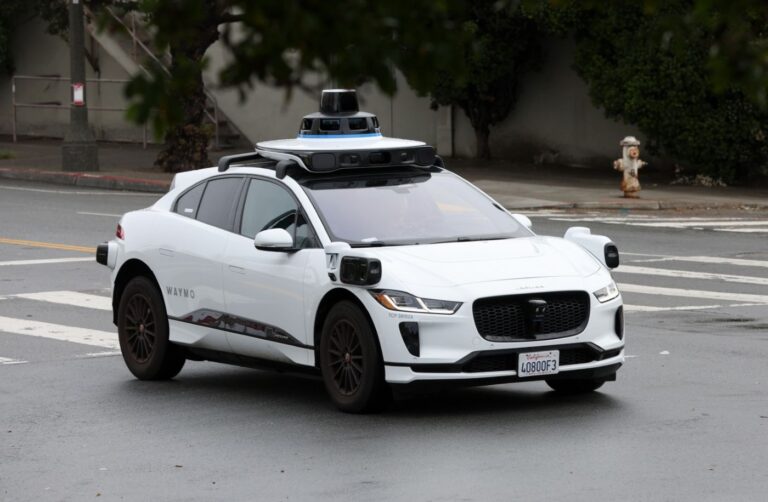The Trump administration’s initiative to shut down thousands of electric vehicle charging stations could end up costing the government as much as $1 billion.
According to a report from Colorado Public Radio, the General Services Administration (GSA) is disconnecting EV stations because they are not considered “mission-critical.” These stations are used to charge the government’s electric vehicle fleet, which GSA has spent $900 million acquiring in recent years. A former senior GSA official familiar with purchasing programs confirmed this information.
Typically, GSA does not discard assets before the end of their useful lifespan. However, President Donald Trump, with backing from billionaire Elon Musk, has been actively cutting federal programs and freezing expenditures, with a particular focus on climate initiatives. Trump has also targeted EV-related spending, halting the construction of highway charging stations and attempting to rescind billions of dollars in grants designated for EV and battery factory development.
Eliminating EV infrastructure could prove to be an especially costly move, according to a former senior White House climate official from the Biden administration. The official, who requested anonymity due to concerns of retaliation, pointed out that the government’s EVs and charging stations are “essentially brand new.”

“I think the word ‘unprecedented’ would be appropriate here,” the official remarked.
GSA oversees two-thirds of the federal government’s 650,000-vehicle fleet, the largest in the world. The only exceptions are tactical military vehicles and Postal Service trucks.
If the agency moves forward with selling off the 25,000 EVs it purchased under the Biden administration—which The Verge has reported is in progress—it could significantly impact the market. The former GSA official, who spoke on the condition of anonymity because their employer has not authorized them to comment publicly, estimated that these vehicles could be sold for only 25 percent of their original price.
Such an early sell-off could lead to an estimated $225 million in losses. Additionally, since these EVs are part of the working fleet and would require replacement with gasoline-powered vehicles, purchasing new ones could cost GSA an additional $700 million, the official noted.
Pulling the Plug
Federal EV acquisitions surged during Biden’s presidency. The former White House climate official estimated that in 2020, prior to Biden taking office, EVs made up just 1 percent of light-duty federal vehicle purchases, but by 2024, that figure had risen to approximately 20 percent.
In January 2022, Biden signed an executive order mandating that the federal government exclusively purchase electric light-duty vehicles—such as cars and trucks—by 2027. The order also set 2035 as the deadline for all federal vehicle purchases to be fully electric, regardless of type.
During Biden’s presidency, GSA also expanded EV charging infrastructure. According to federal data, the government now has 654 locations equipped with a total of 2,226 charging ports.

The Trump administration now intends to cut off power to all of them. In an email obtained by Inside Climate News, GSA leadership stated that the agency would terminate its contracts with EV-charging providers and that electricity to the stations “will be turned off at the breaker.”
“Neither government-owned vehicles nor privately owned vehicles will be able to charge at these stations once they’re out of service,” the email confirmed.
A GSA official estimated that the federal government has spent approximately $300 million over the last four years to install and activate these charging stations. Decommissioning them could cost an additional $50 million to $100 million.
Many of these stations were installed by federal agencies using funds approved by Congress, although GSA may own the land and buildings where they are located.
A significant portion of federally owned charging stations are located at national laboratories and military bases, particularly in California.
Other charging stations serve a variety of federal sites, including a parking lot at FBI headquarters in Washington, D.C.; a Centers for Disease Control and Prevention office near Atlanta; a Federal Aviation Administration facility in New Jersey; and a federal coal plant near Knoxville, Tennessee.
Some stations are designated exclusively for government vehicles, while others are available for use by federal employees and visitors driving their own EVs.



